Australia’s radical anti-parasite strategy change could mean there will be fewer of the popular roadside honey stalls due to an expected decline in leisure beekeeping, an expert has warned.
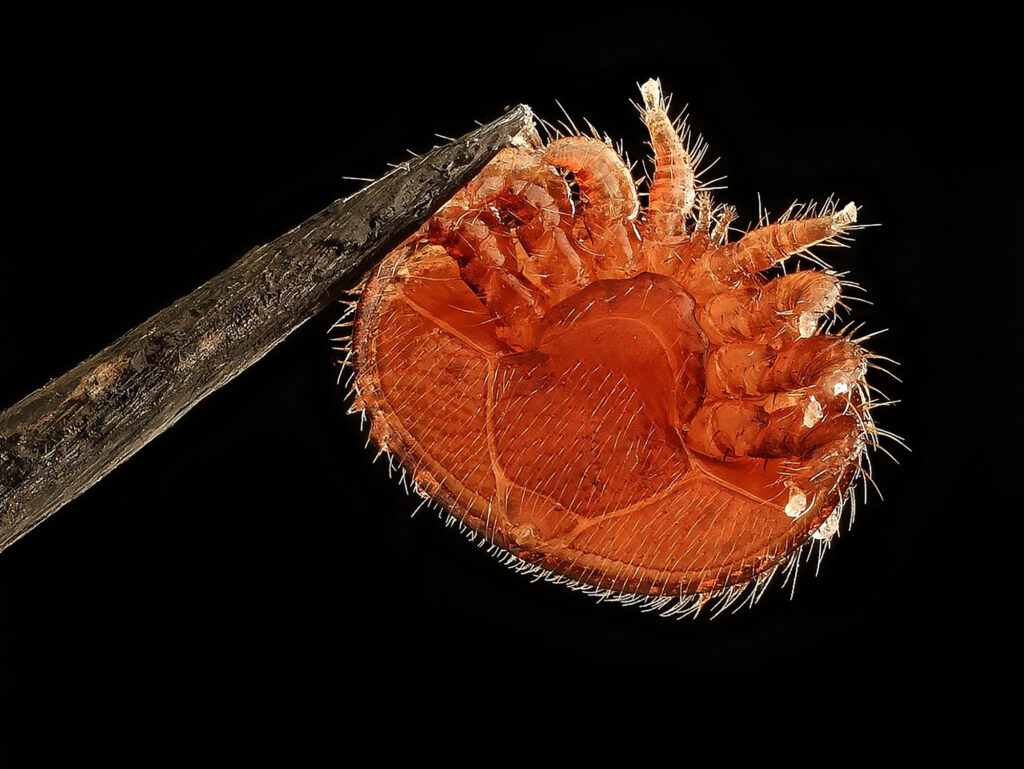
The Department of Agriculture, Fisheries and Forestry recently decided to abandon its controversial eradication measures that had been introduced last year, and will instead try to manage its spread, which is expensive for beekeepers and likely to make pollination of crops more costly.
Officials argued it was no longer feasible to wipe out the mite that poses a great danger to honeybee hives by destroying infected colonies. Instead, Australia’s apiarists can go back to closely monitoring their colonies with measures for treatment that will raise costs.
The head of an organisation representing the country’s honeybee industry warned that the latest developments might also cause the number of hobbyist beekeepers selling their homemade products at small stands to decrease.
Australian Honey Bee Industry Council chief executive Danny Le Feuvre told broadcaster ABC: “That sector is very strong and vibrant in Australia, but we may see a decrease which will result in fewer of those roadside stalls.”
Danny explained that Varroa mite infestations overseas had pushed down the number of leisure apiarists as treating the hives had made their passion too complicated and expensive.
More than AUD 130 million (EUR 79 million, GBP 68 million) were spent on anti-Varroa measures ever since the recently ditched policy had been introduced in 2022.
Around 30,000 infected hives were destroyed, according to ABC.
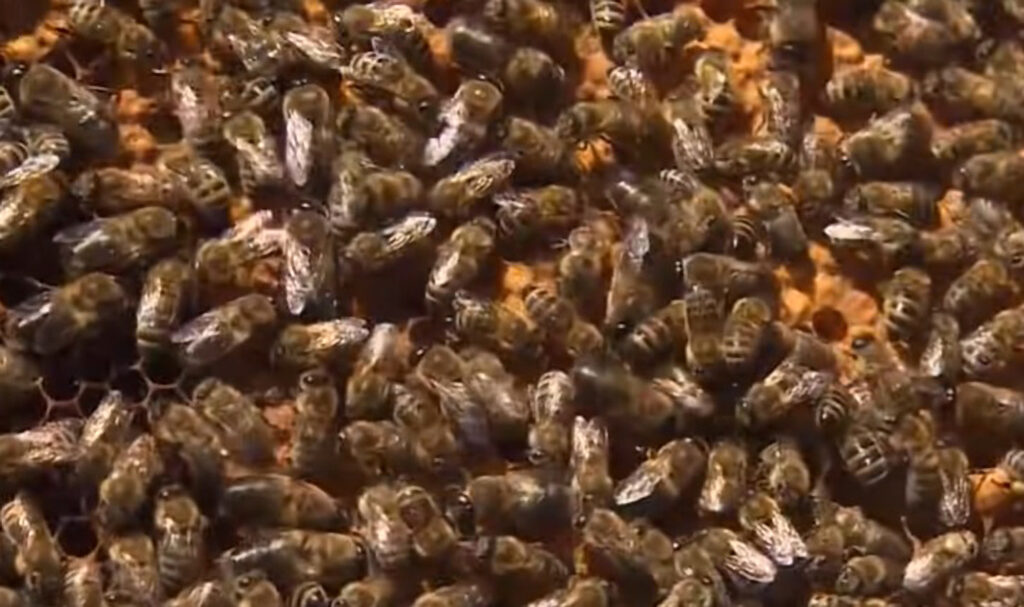
As of 2019, there were 29,690 registered beekeepers in Australia, according to BeeAware, an Australian apiculture news platform.
Bees are engaged pollinators. Australia’s vast production of avocados, berries and nuts depends on their activity.
Infestations by Varroa destructor mites are an immense threat to honeybee colonies. If left untreated, the pathogen weakens and eventually kills the insects.
Beekeeping technology firm Arista Bee Research warns: “The mite directly weakens the bee by sucking hemolymph (‘insect blood’) but also causes severe damage to the bees by spreading viruses and bacteria.
“Especially the Deformed Wing Virus proliferates with an increasing infestation of Varroa.”
The Dutch company emphasises: “It is considered the largest contributor to winter losses. Untreated colonies often collapse within two years from the consequences of the fast-growing Varroa population.”

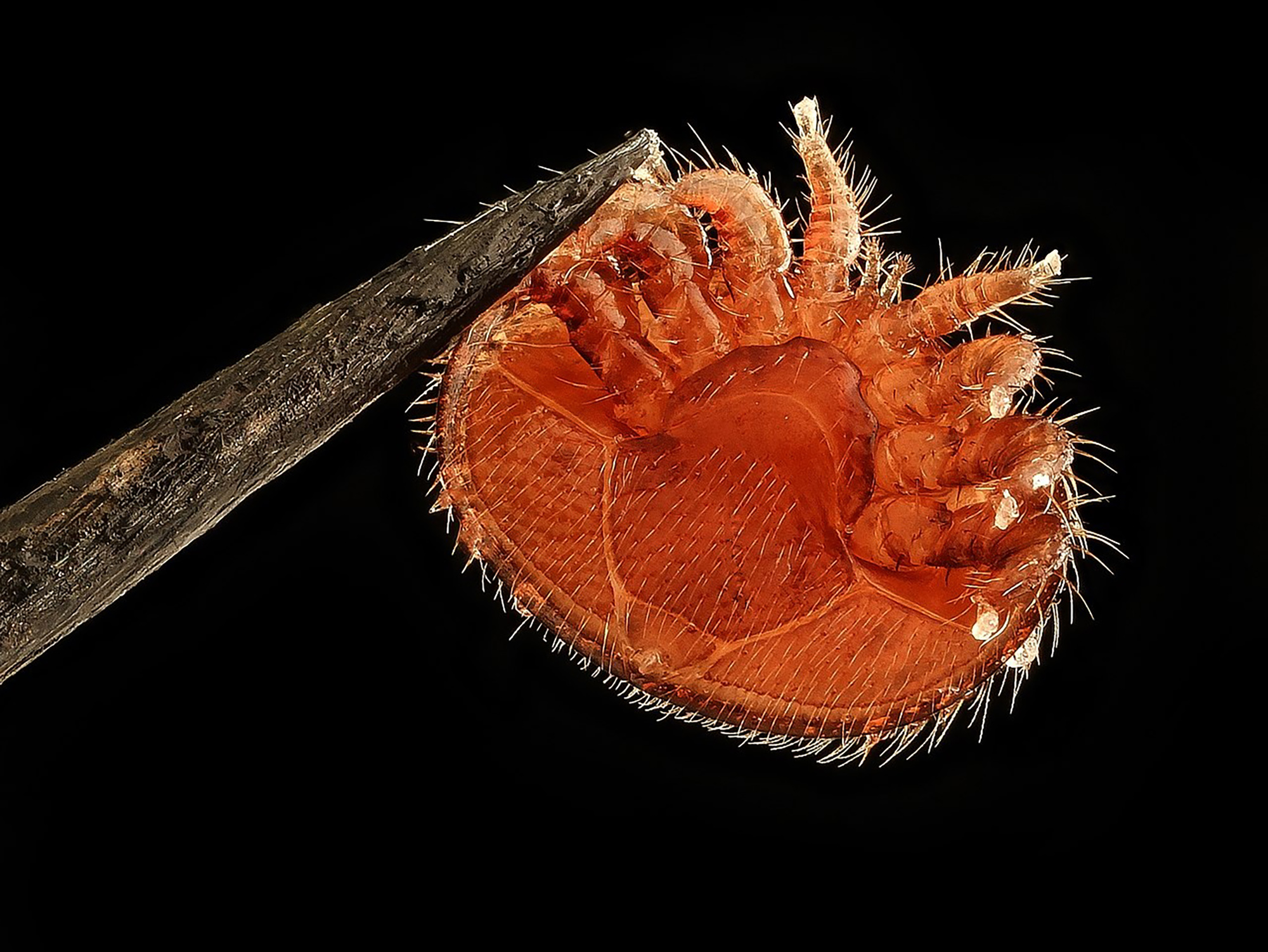
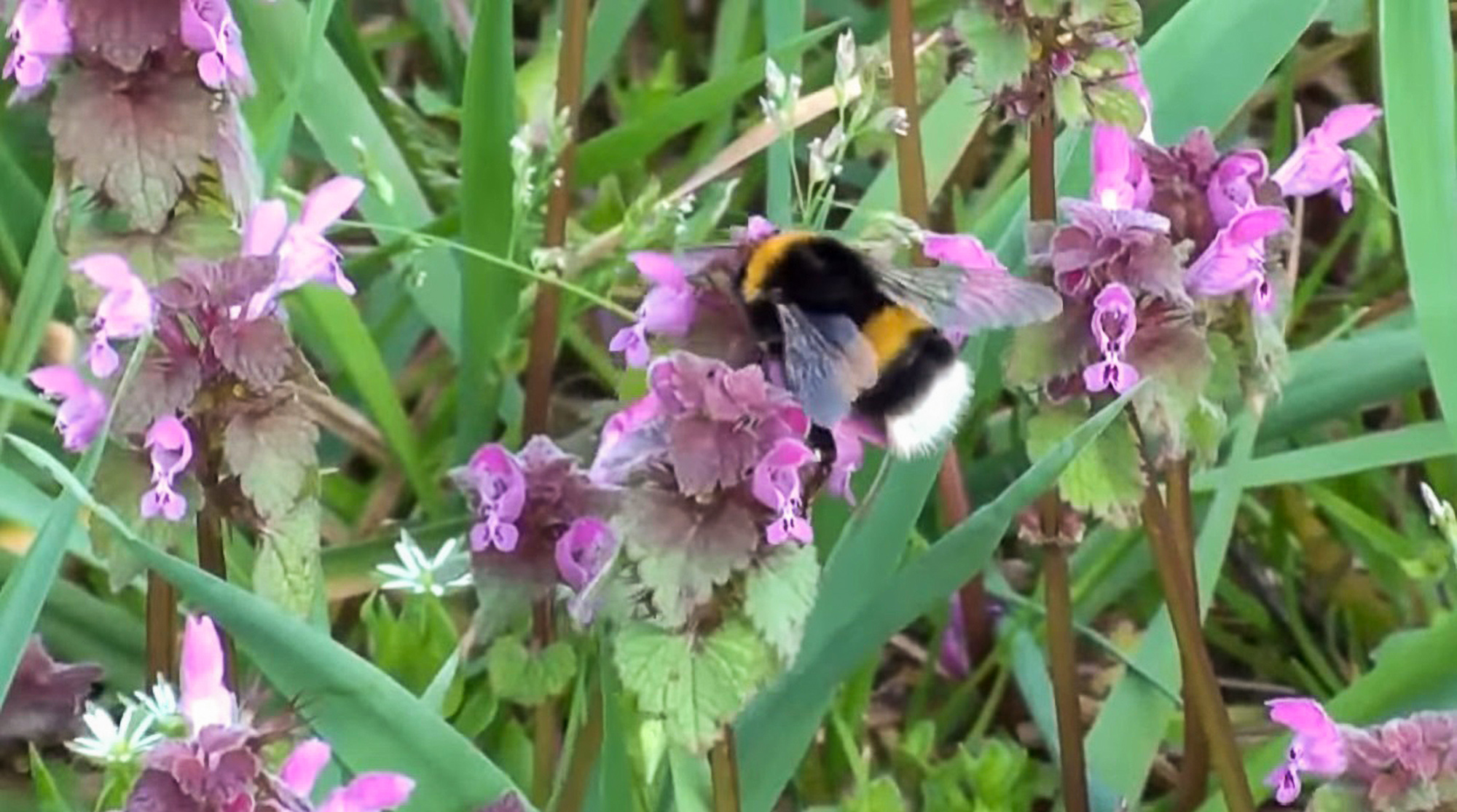


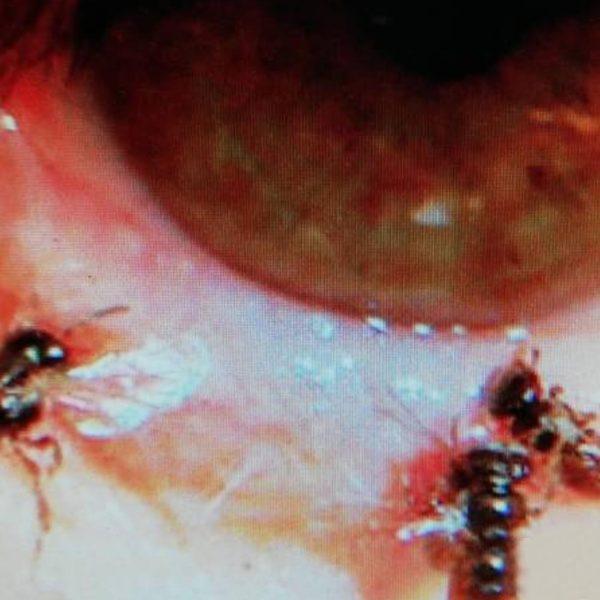
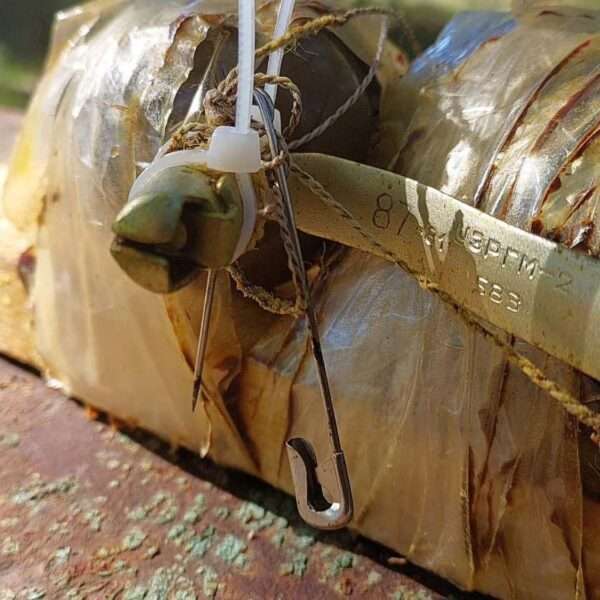

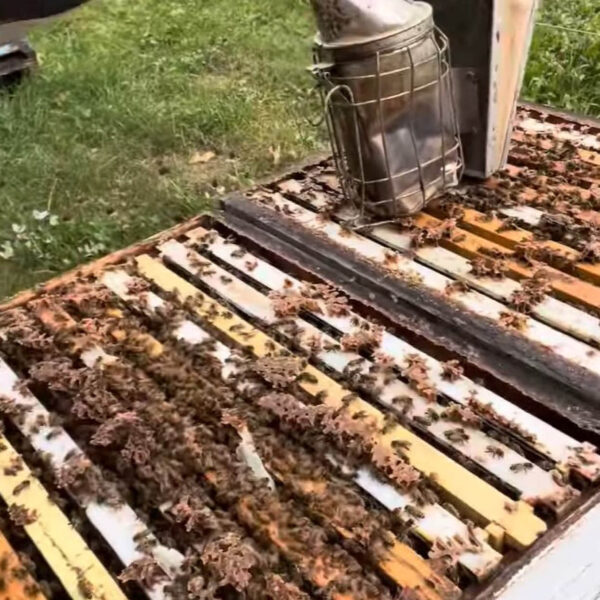



The claim that varroa has reduced the number of hobbyist beekeepers overseas isn’t totally true. In the first years, yes, many beekeepers left their hobby. But since the 1990s a lot of work has been done in training and educating beekeepers in good practices. To be honest, the quality of beekeeping has increased – which is an advantage for honey bee colonies as well as wild pollinators.
When I began to work in the area (1990s) beekeeping associations in Germany were complaining that there weren’t any beginners, especially young people. A “young” beekeeper was in his 60s. This wasn’t because of varroa, but because of the crusty structures of many associations, which didn’t adapt to modern times.
The number of beekeepers has been increasing a lot in the past 20 years in Germany – despite varroa.
I’ve said this elsewhere already, but to repeat it: Australia is in the lucky position of coming last. You can learn from the rest of the world instead of complaining. It was clear that varroa would come to you sooner or later. There are efficient and safe measures to control it. The biology of honey bees and varroa is the same in Australia, Italy, or Argentina. Varroa forces you to respect good practices. Which, in the end, is positive.
Dear Dr Garrido,
many thanks for your valuable input.
Kind regards from the Bee News editorial office,
Thomas Hochwarter